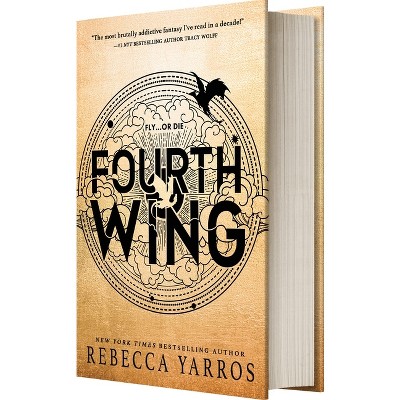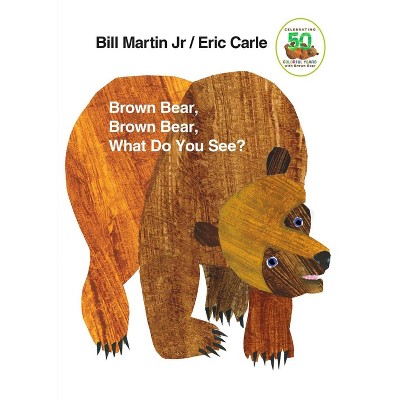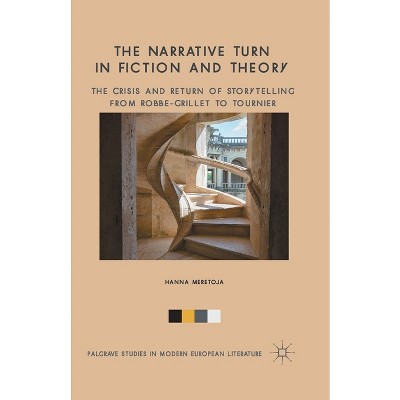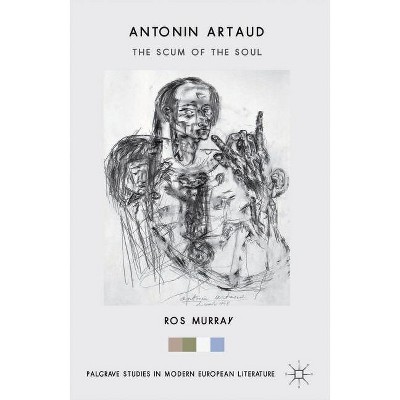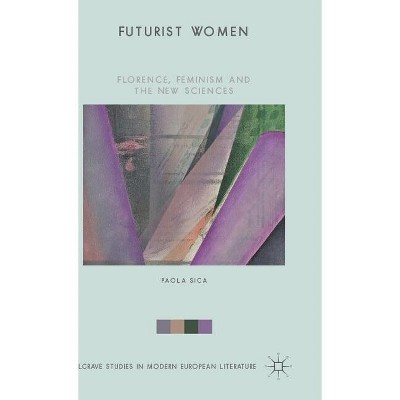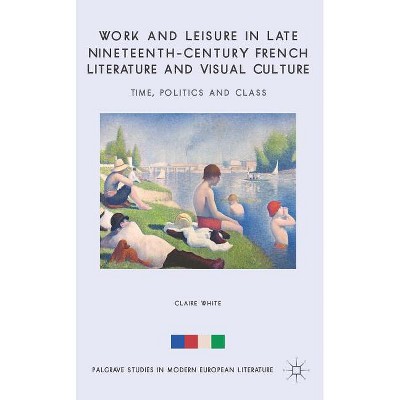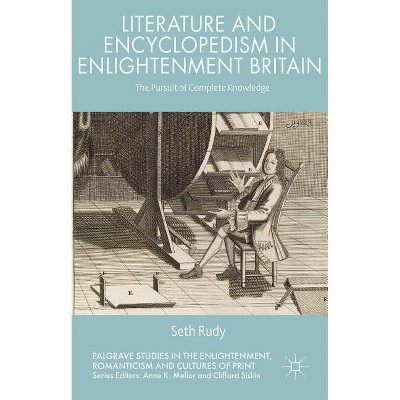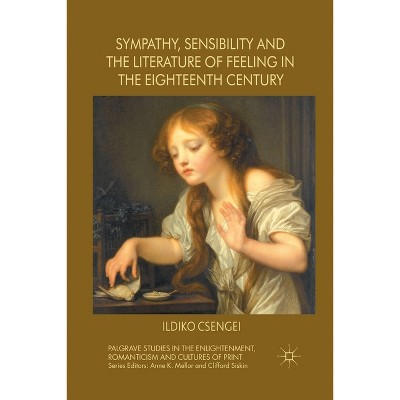Flaubert, Zola, and the Incorporation of Disciplinary Knowledge - (Palgrave Studies in Modern European Literature) by L Duffy (Hardcover)

About this item
Highlights
- This book is about how France's two major documentary authors of the nineteenth century - Gustave Flaubert and Émile Zola - incorporate medical knowledge about the body into their works, and in so doing exploit its metaphorical potential of the body to engage in critical reflection about the accumulation and reconfiguration of knowledge.
- About the Author: Larry Duffy has taught French language, culture and literature in universities in Ireland, Australia and the UK, where he is currently Lecturer in French at the University of Kent.
- 261 Pages
- Literary Criticism, European
- Series Name: Palgrave Studies in Modern European Literature
Description
About the Book
"Flaubert, Zola and the Incorporation of Disciplinary Knowledge transcends traditional author studies to focus on institutional dimensions of professional practices and knowledge concerning the body in nineteenth-century France, and on their articulation by literary and other texts. It examines how institutional developments in medicine and pharmacy are 'incorporated' within literary texts, arguing that such incorporation reflects acute concern with the body, and with knowledge considered metaphorically as body. In its innovative focus on incorporation as metaphor, the book explores theoretical relationships between body and text, exploiting the rich metaphorical potential of the institutional, professional body, constituted by discourse and associated with bodies of disciplinary knowledge. The institutional body 'incorporates' itself; the literary text 'incorporates' knowledge precisely about the body's incorporation of substances and practices. Offering cultural history of certain medical, pharmaceutical and scientific discourses, this book problematizes the boundaries between literary and other forms of discourse, themselves analogical to boundaries between different fields of disciplinary knowledge"--Book Synopsis
This book is about how France's two major documentary authors of the nineteenth century - Gustave Flaubert and Émile Zola - incorporate medical knowledge about the body into their works, and in so doing exploit its metaphorical potential of the body to engage in critical reflection about the accumulation and reconfiguration of knowledge.Review Quotes
"It provides invaluable insights into the debates and power struggles that occupy the scientific and medical world in nineteenth-century France. Furthermore, it helps us reconsider how we conceive of the connection, central to all realisms, between the physiological body and the many texts, fictional or not, that discuss it." (Martine Gantrel, Modern Language Review, Vol. 111 (3), July, 2016)
'Duffy breaks new ground in this major study by offering a rich analysis of the incorporation of an impressive range of contemporary extraliterary discourses into the writings of Flaubert and Zola, two of the nineteenth century's most influential writers. Moving beyond understandings of incorporation that focus on sexuality, he attentively probes, through a series of close readings and intertextual and theoretical engagements, the ways in which disciplinary knowledge is represented in the powerful metaphor of the physiological body in need of treatment and correction. The book makes a high-quality, imaginative contribution, not merely to the discipline of French studies but, in-keeping with its desire to break down discursive boundaries, to scholarship on the interfaces between literary, medical and scientific discourses, the documentary culture of nineteenth-century France, and the dynamics of archive and documentary fiction.' - Dr Steven Wilson, School of Modern Languages, Queen's University Belfast
About the Author
Larry Duffy has taught French language, culture and literature in universities in Ireland, Australia and the UK, where he is currently Lecturer in French at the University of Kent. He is the author of numerous journal articles about the nineteenth-century encounter between literature, science and medicine.
Shipping details
Return details
Trending Fiction



